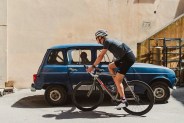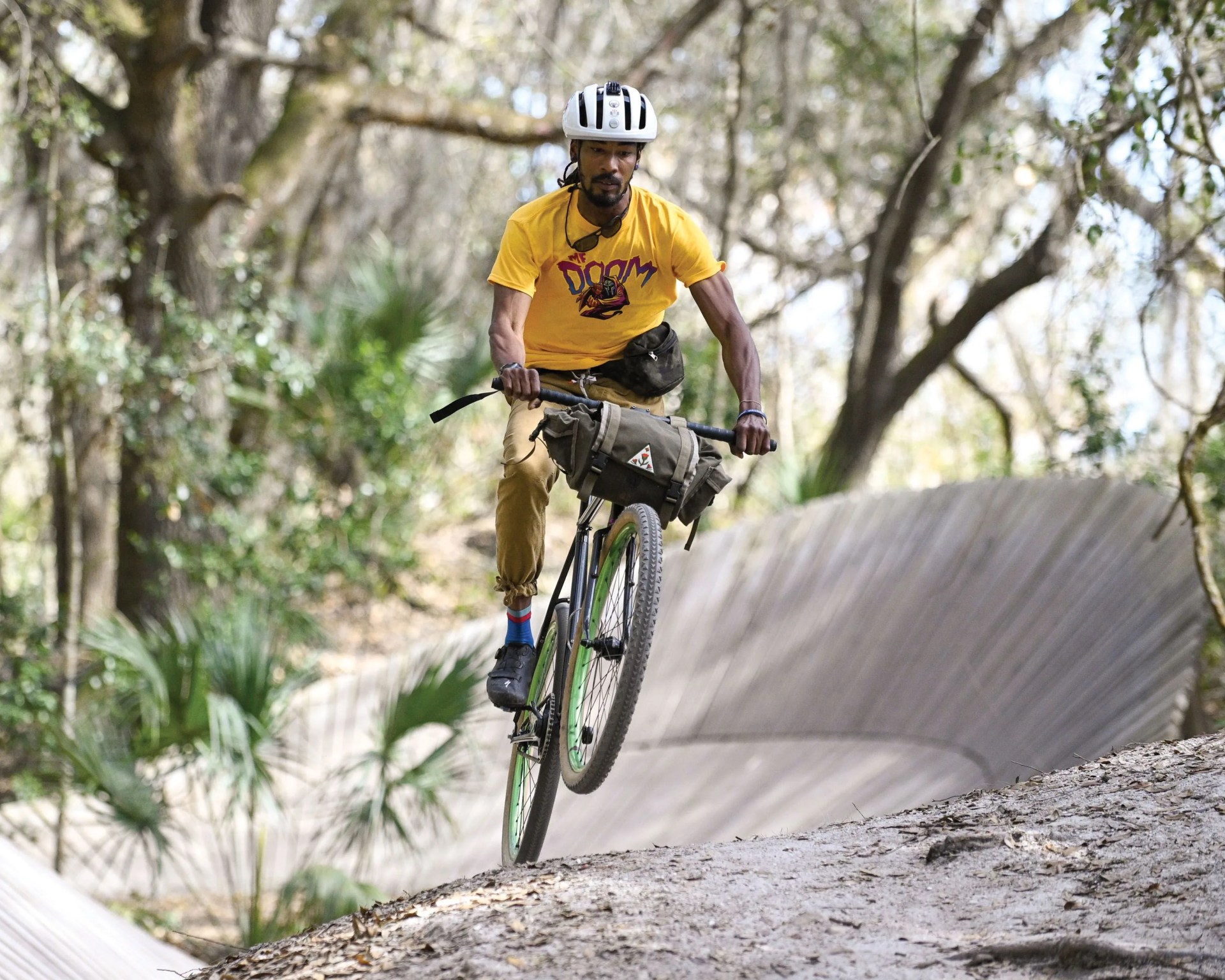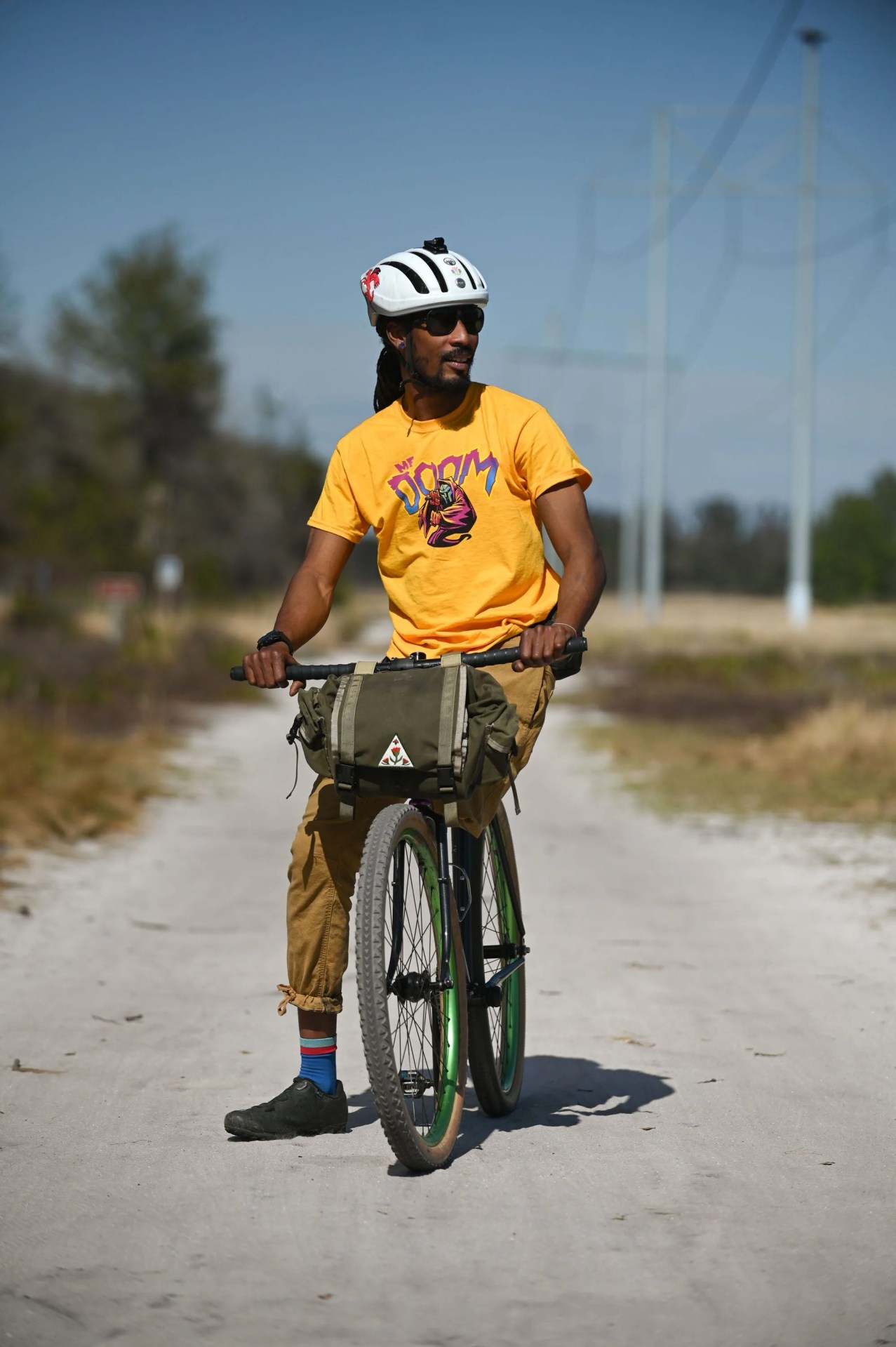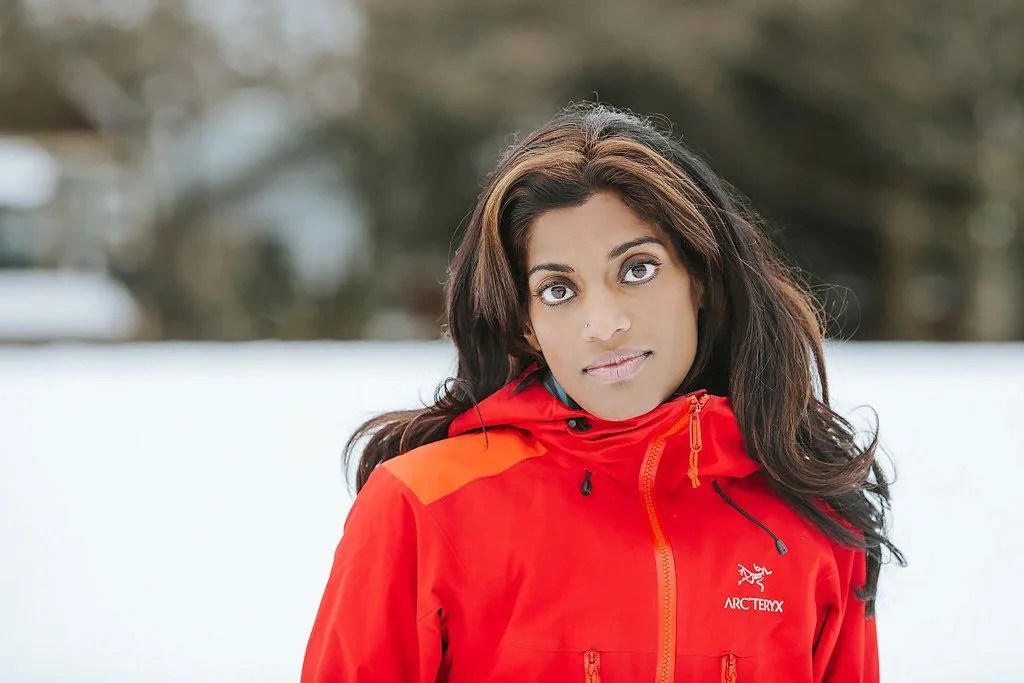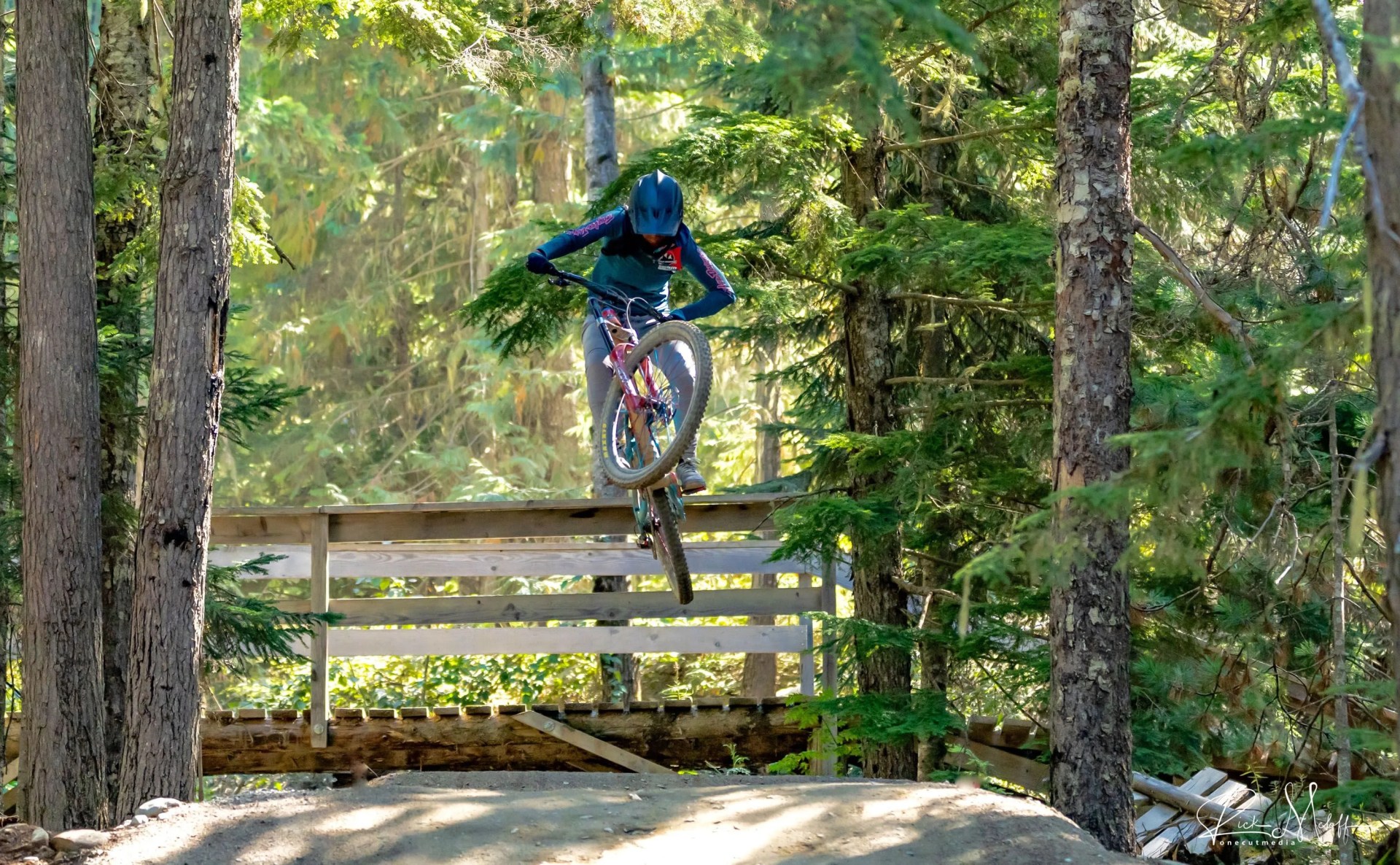A version of this story first appeared in Gear Patrol Magazine. Subscribe today for more stories like this one, plus receive a $15 gift card to the Gear Patrol Store.
When the Black Lives Matter movement rose to the forefront of American culture last summer, and countless brands started issuing mea culpas and promises to get better with respect to diversity, equality and inclusion, I distinctly recall making a mental note: How many of these entities, I wondered, will actually follow through and, you know, do something?
As a cyclist active in New York City’s thriving bike-tivism community (shout-out to Riders for Black Lives), I was particularly curious how bicycle brands might evolve. Both road riding and mountain biking can be notoriously exclusive — and by that, I mean well-off and white. Amidst an unprecedented, pandemic-fueled bike boom, could things finally start to open up?
Now, nearly a year after George Floyd’s murder, encouraging signs abound. I’ve come across a number of people, brands and organizations who are pushing toward a more colorful, inclusive bike world — including some who got started long before I can’t breathe was on everyone’s lips. What follows are just a few examples worth celebrating and emulating.
Filmed By Bike
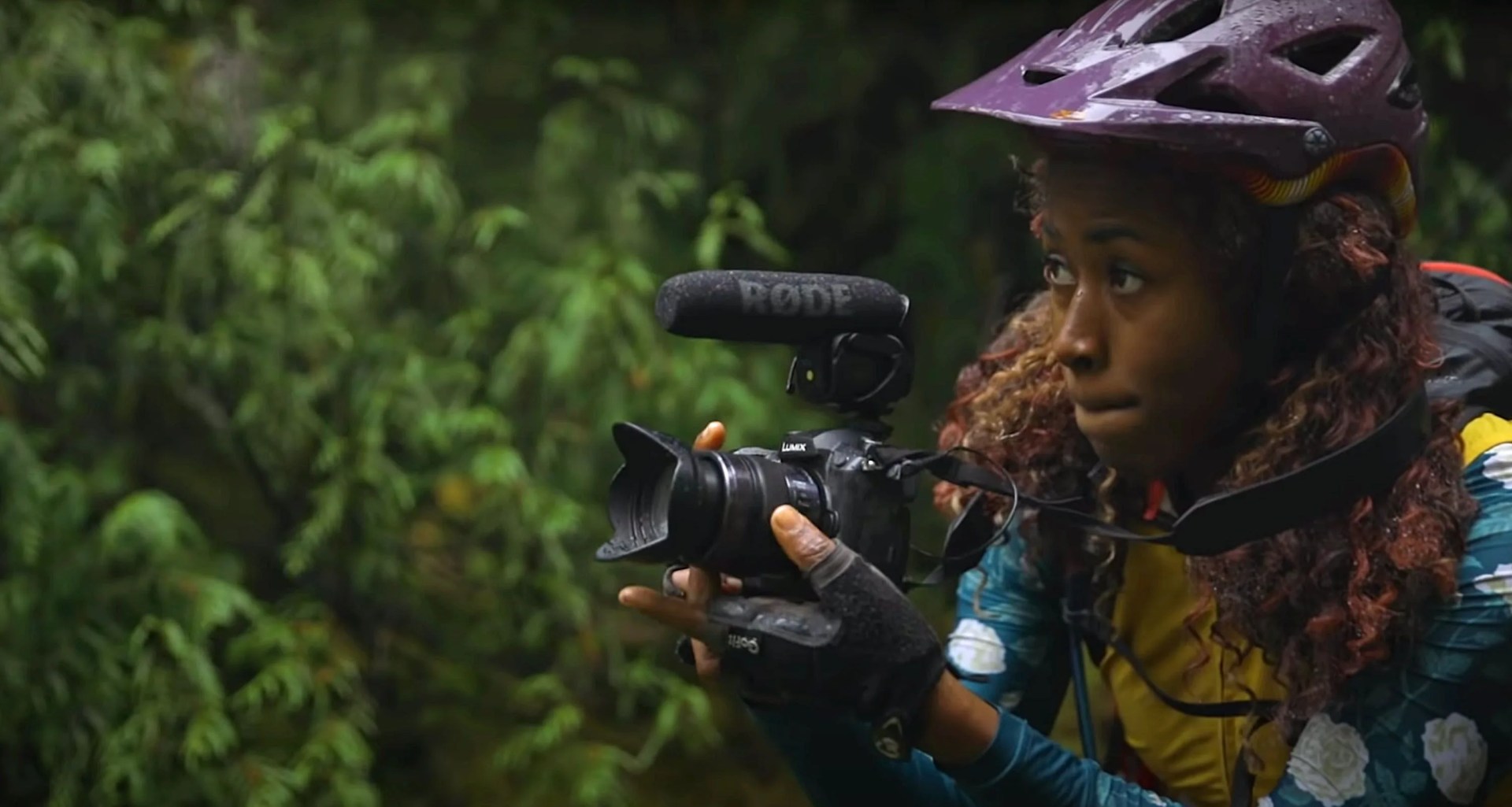 Courtesy
CourtesyThis Portland-based festival that screens the world’s best bike movies has taken two proactive steps toward more inclusive cycle cinema. First, Filmed By Bike recruited NYC cycling advocate Courtney Williams, a.k.a. The Brown Bike Girl, to coproduce the first-ever Hi-Viz Film Festival, which showcases BIPOC bike movies. “Courtney got us thinking about additional focus on people of color in the United States,” FBB creator Ayleen Crotty says. “She helped us shake out of our nineteen-year-old realm of ‘We know what we’re doing.’” (The festival is still available online, at pay-what-you-wish pricing.)
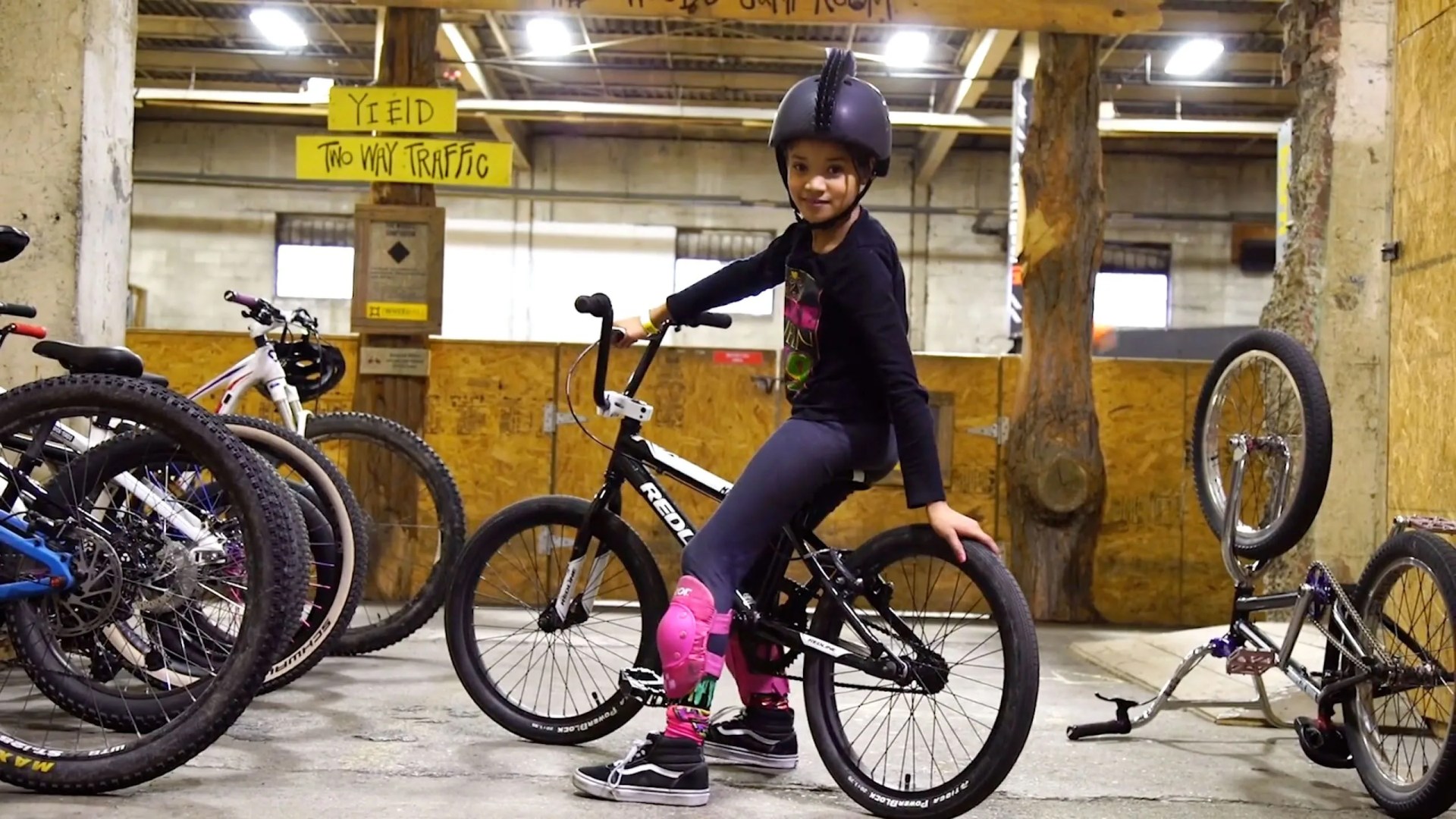 Courtesy
CourtesySecond, FBB launched a BIPOC filmmaker grant, awarding $1,500 cash plus help from veteran bike filmmaker Manny Marquez to three emerging creators. Their projects will be screened at this year’s festival May 20th–23rd, while aspiring filmmakers have until June 15th to apply for the next round of grants.
“We’ve long thought, ‘Wouldn’t it be great if we could fund an initiative to help tell these stories?’” says Crotty. “Now we’re doing it. And we are seeing a change — more people are being represented. We’re getting somewhere.”
Adventure Cycling Association
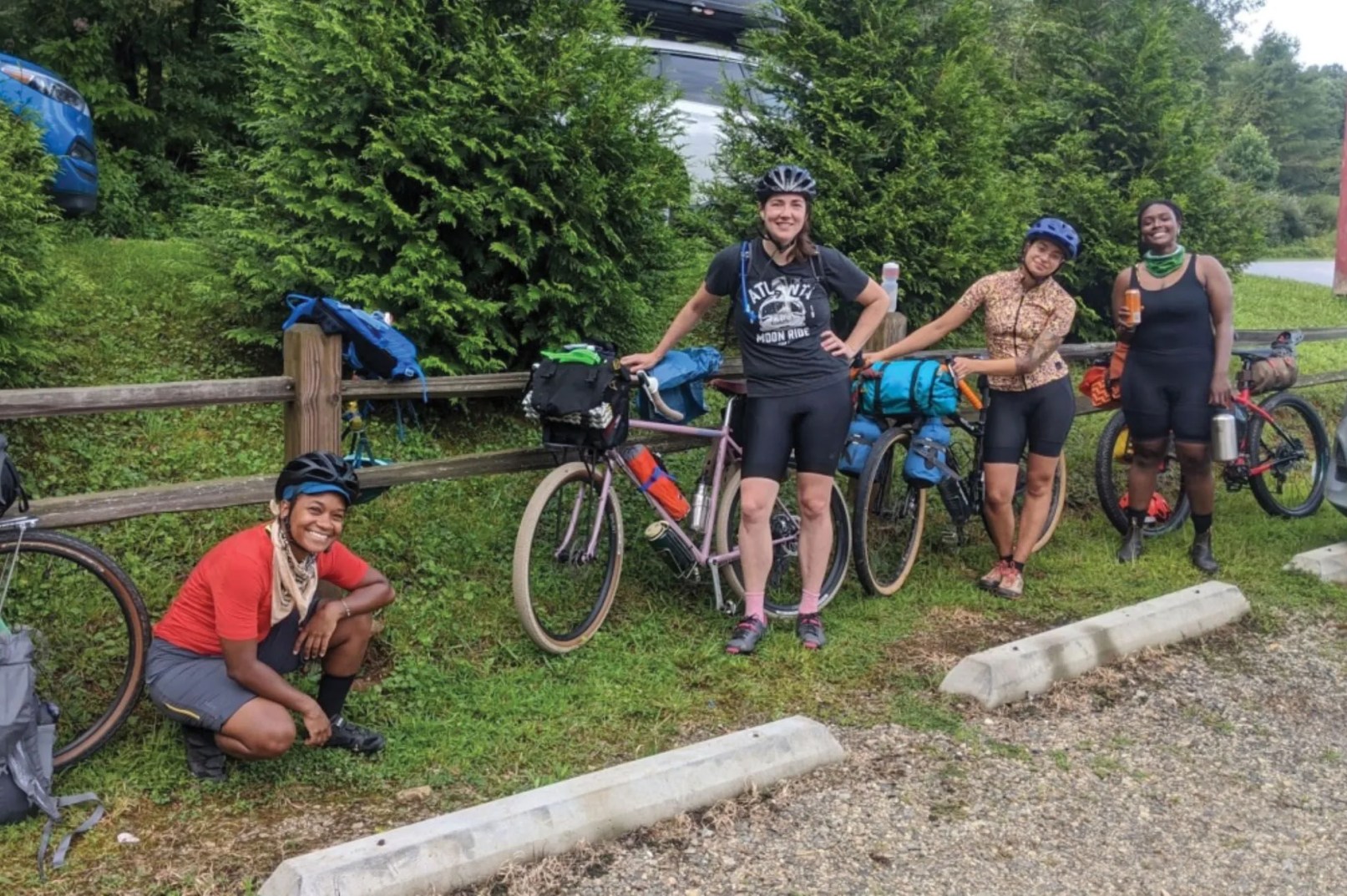
Founded in 1976, Adventure Cycling’s claim to fame is the TransAmerica Bicycle Trail, a 4,000-mile route created to celebrate the country’s 200th birthday. But that route — and more than 50,000 others the organization has mapped — have historically appealed mostly to an older, white male demographic. The Montana-based organization aims to change its complexion with the Short Trips Initiative. “We want to make bike travel more accessible,” says project manager Eva Dunn-Froebig. “So we’re focusing on routes around cities, plus resources to help people travel by bike.”
The program begins this summer in eight metro areas, accompanied by educational materials and stipends to help BIPOC Ambassadors and riders pedal off on overnight trips across the country. To form authentic connections, Adventure Cycling is hiring consultants like Devin Cowens, an Atlanta-based advocate for QTIBIPOC (Queer, Trans, Intersex, Black and Indigenous People of Color) in biking.
“They’re putting money behind it, which is great,” Cowens says. “It’s nice to have these conversations even though they are uncomfortable. BIPOC folks have been saying stuff for a long time, but it’s white folks who can move the needle.”
SBT Gravel x Ride for Racial Justice
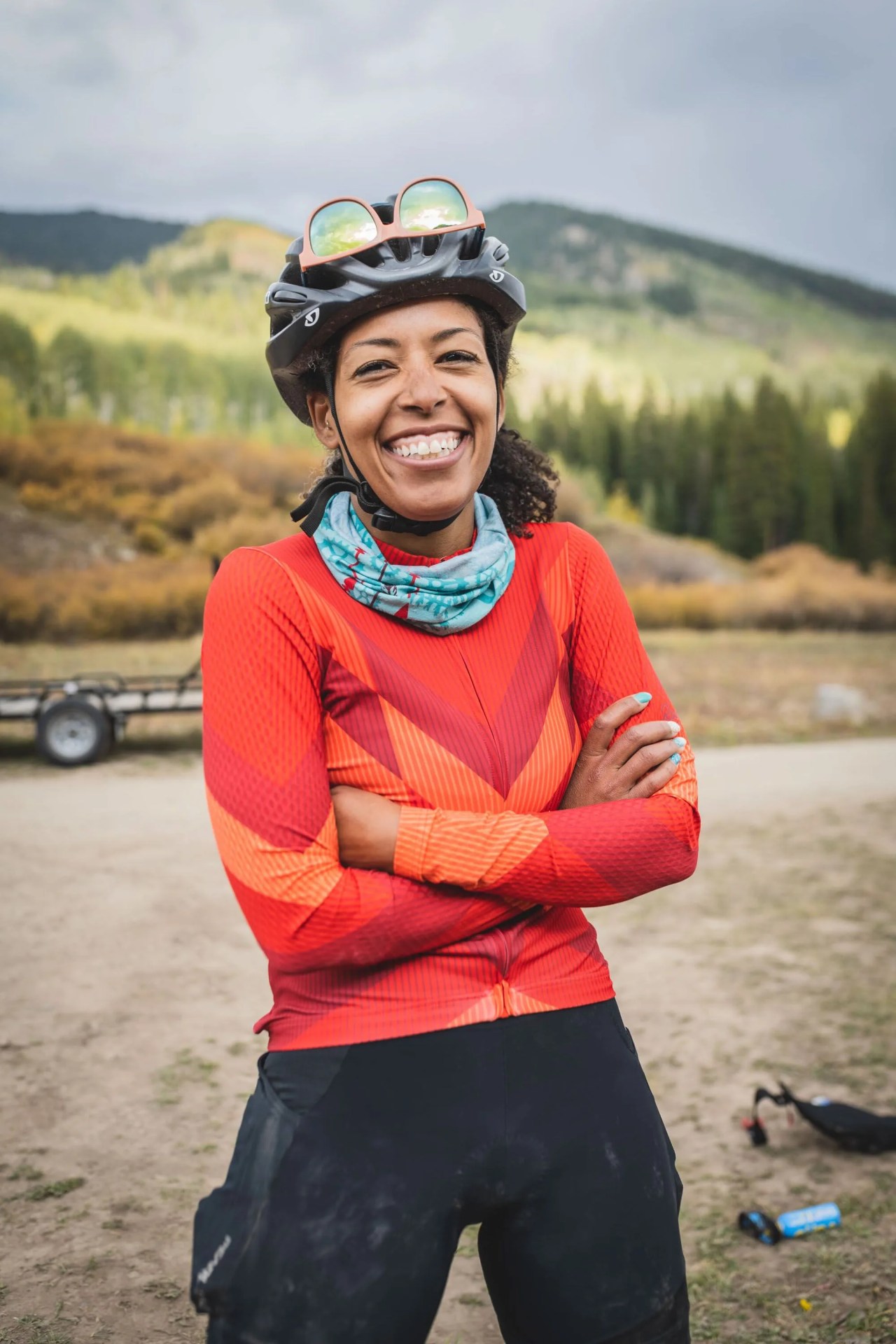
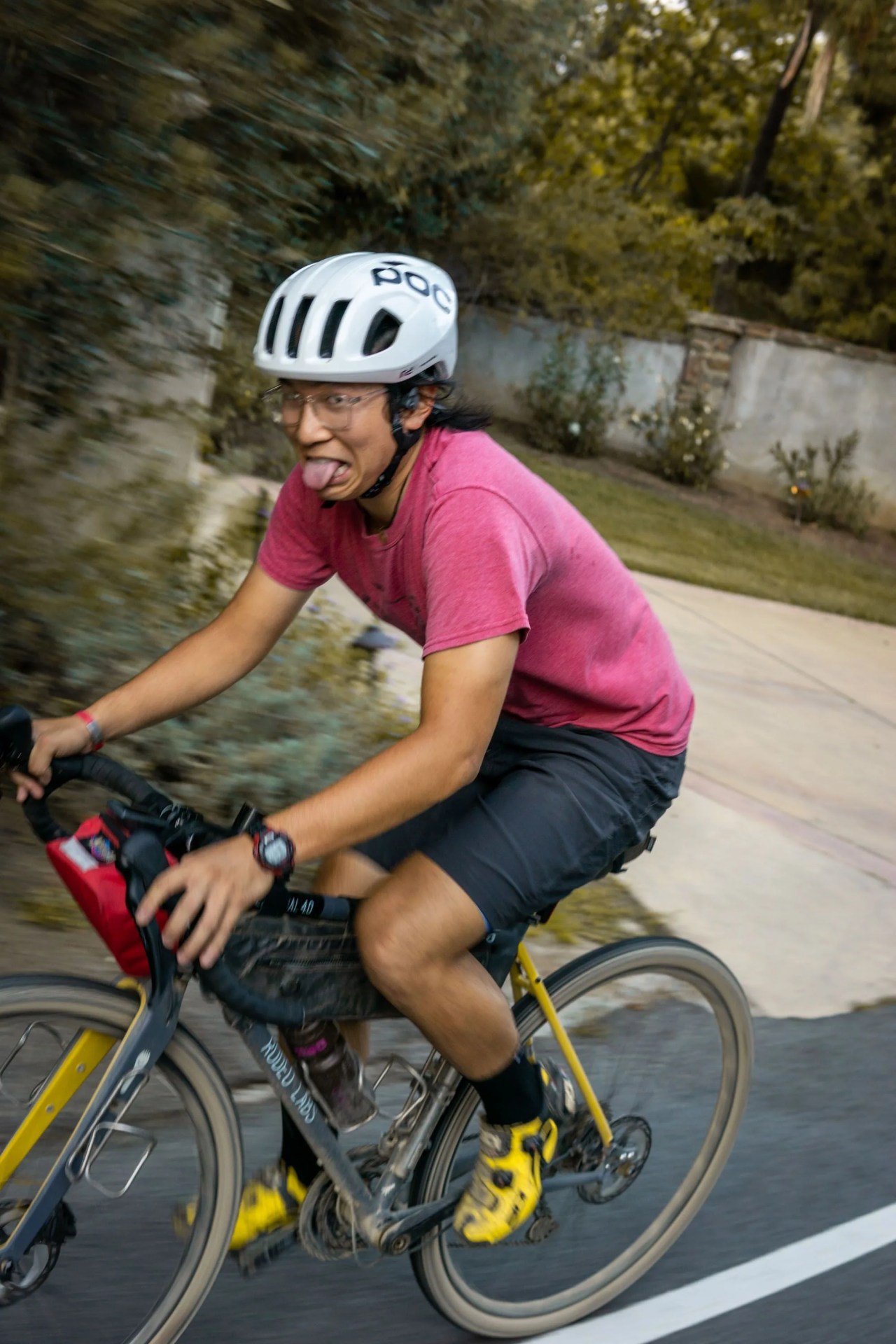
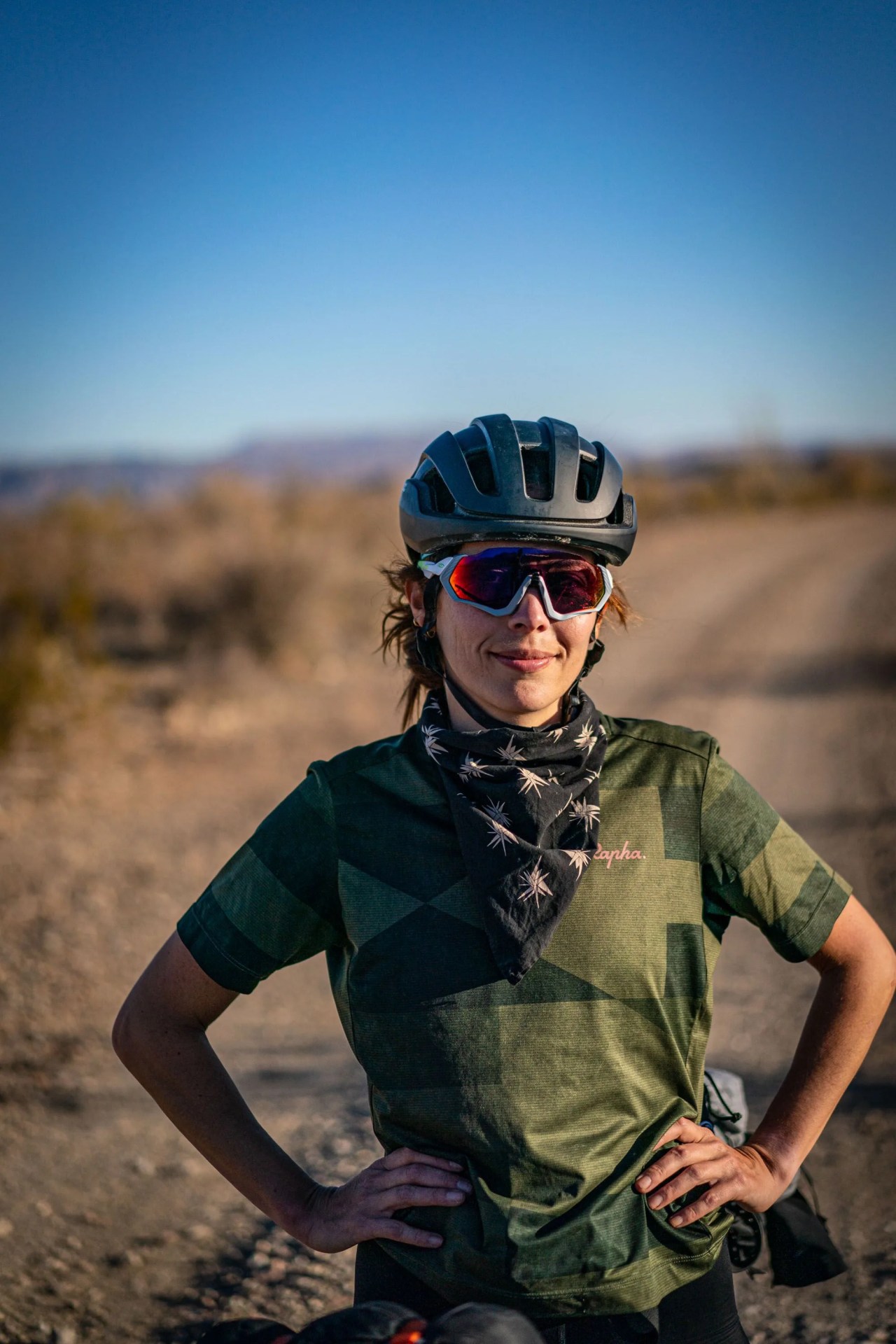
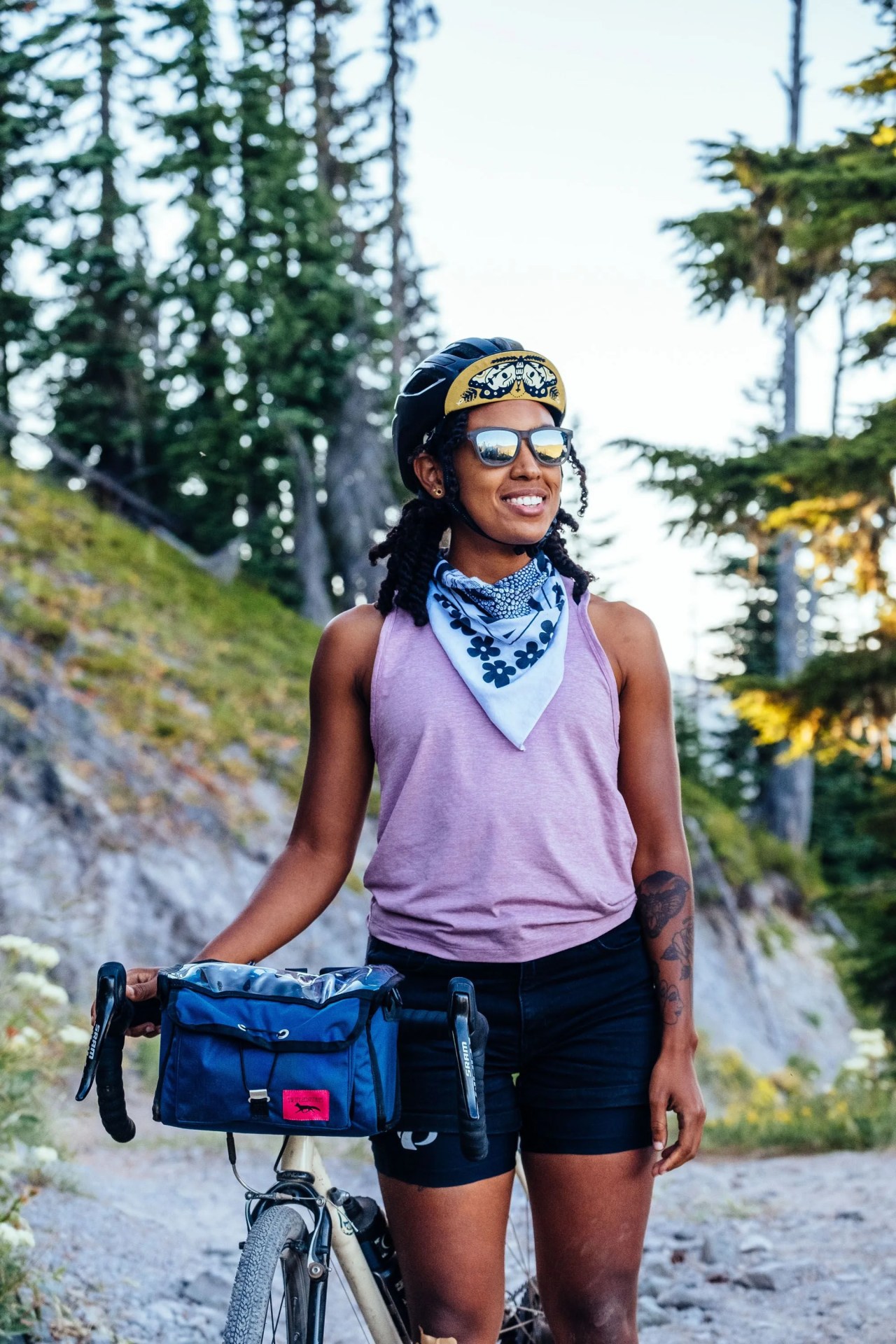
Steamboat Springs, Colorado’s upstart gravel race prides itself on welcoming everyone. This year, it’s going further, by partnering with Ride for Racial Justice to bring 25 BIPOC cyclists (including the four pictured above) to this summer’s competition. “We thought it was a great chance for us to drive inclusivity and diversity in our race,” says SBT Gravel owner Amy Charity, who says she sees this as just the beginning. “We’re really shifting what cycling culture is about, in a good way.”
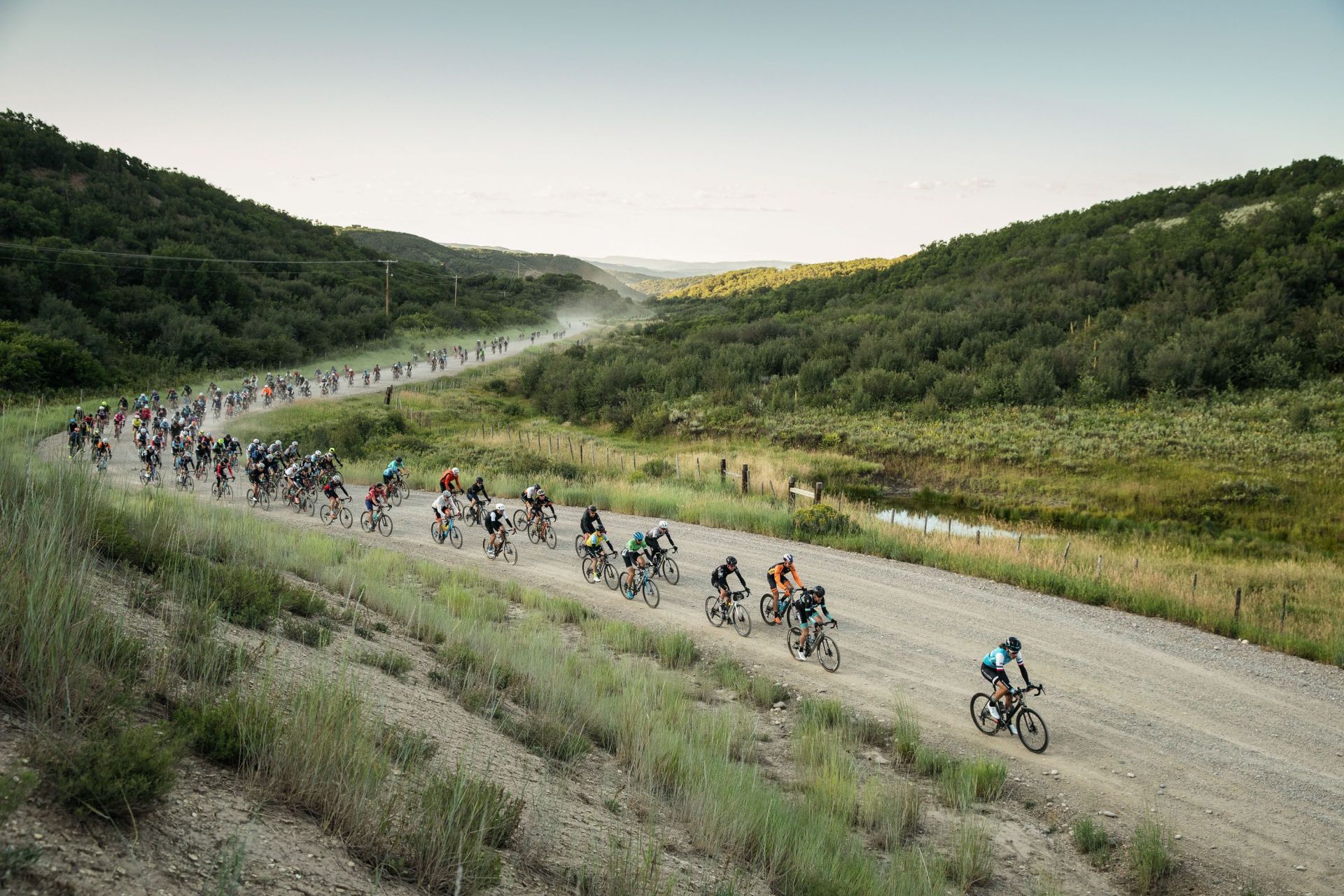 Courtesy
CourtesyRFRJ founder Marcus “Big Legs” Robinson, for one, can’t contain his excitement. “What’s about to occur on the fifteenth of August, twenty-five people of color on a start line for a major bike event,” he says, “[that’s] never happened [before].”
As the program’s driving force, Robinson is now prepping the riders with help from sponsors like Wahoo — and getting equally stoked about ripple effects. “Each athlete is gonna go home and create more programs … using the bike as a vehicle to start conversations and be that voice in the community that’s not been heard.”
Canyon Bicycles
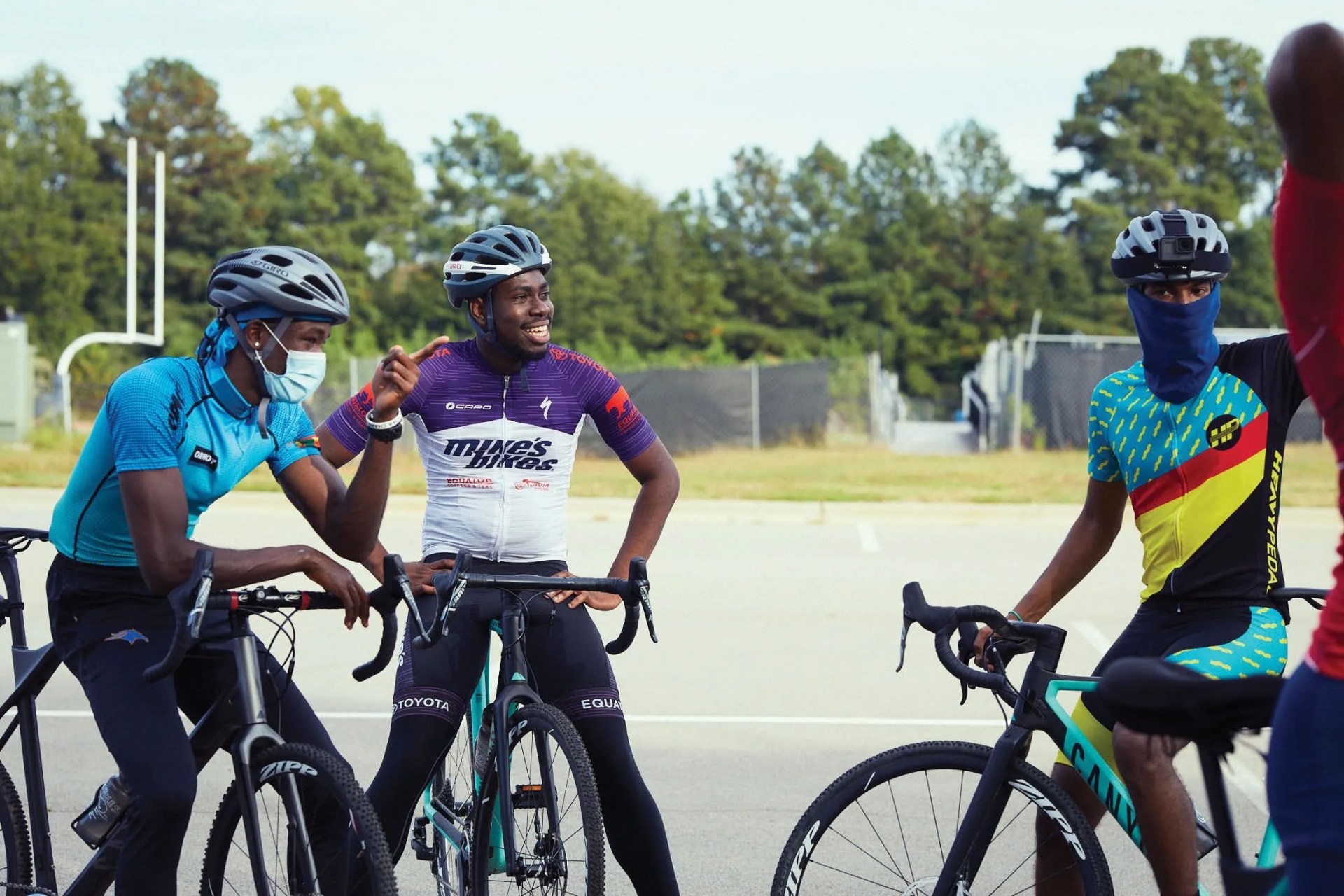 Joshua Steadman
Joshua SteadmanLast spring, the German brand outfitted the country’s first HBCU (Historically Black Colleges & Universities) cycling team, North Carolina’s St. Augustine’s University, with cyclocross bikes and filmed a video series to promote the squad. “Most new riders have no idea who [pro cyclists] Mathieu van Der Poel or Jan Frodeno are,” says Canyon USA president Blair Clark. “But if they see something like St. Augustine’s team, they begin to see a place for themselves.”
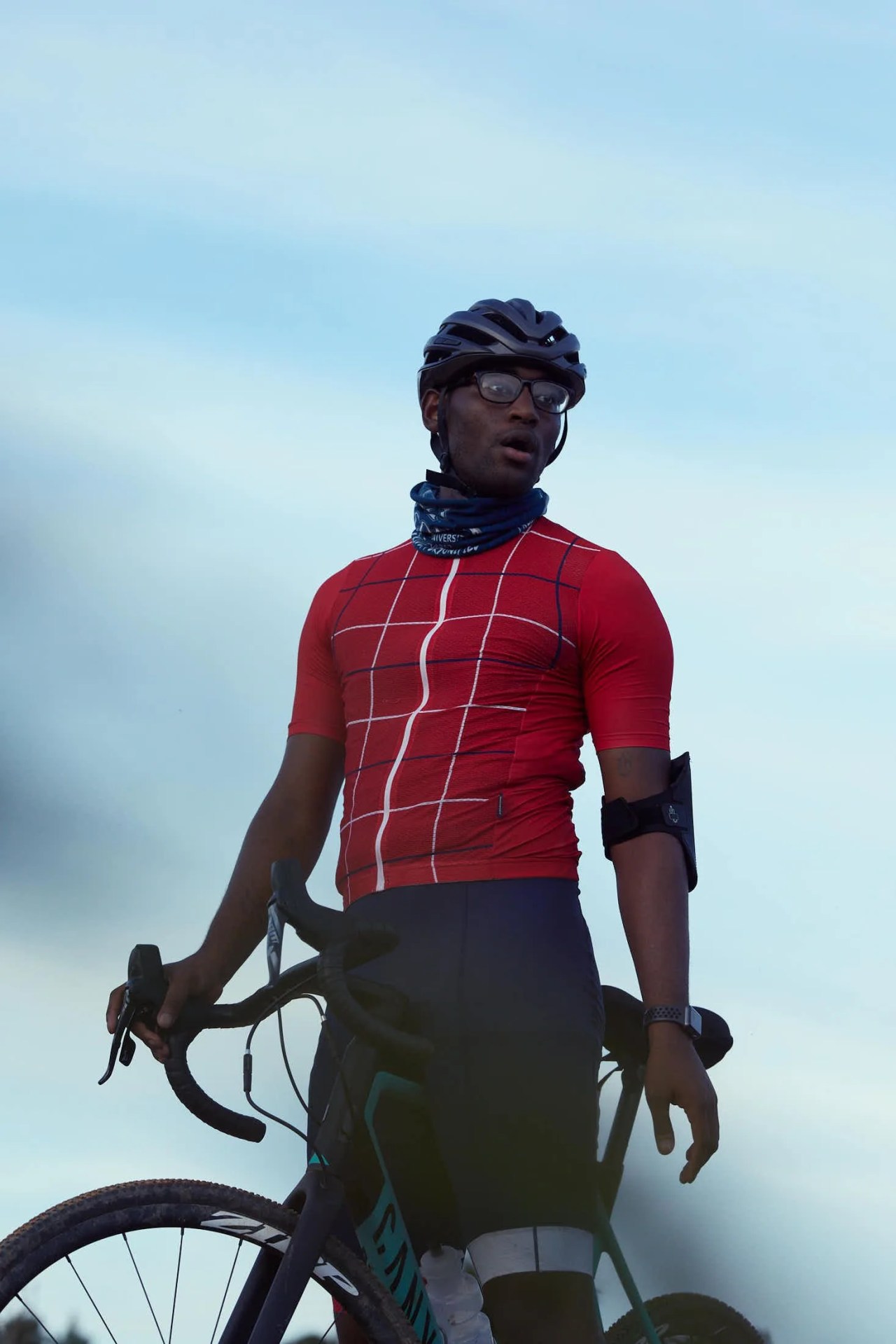
The program is the brainchild of professors (and now coaches) Mark Janas and Umar Muhammad. Muhammad, for one, draws inspiration from Major Taylor, cycling’s first African-American world champ. “One surprising lesson I have learned so far is being the first at something [makes a difference],” Muhammad says. “Even if it’s not perfect.”
The 12-member co-ed crew isn’t fazed by the challenge of starting from scratch, either. “You can’t be around the team and not develop a six-pack from laughing too much,” quips Falcons rider Brandon Valentine-Parris. “We’re a fun group that knows how to work hard and produce positive results.”


